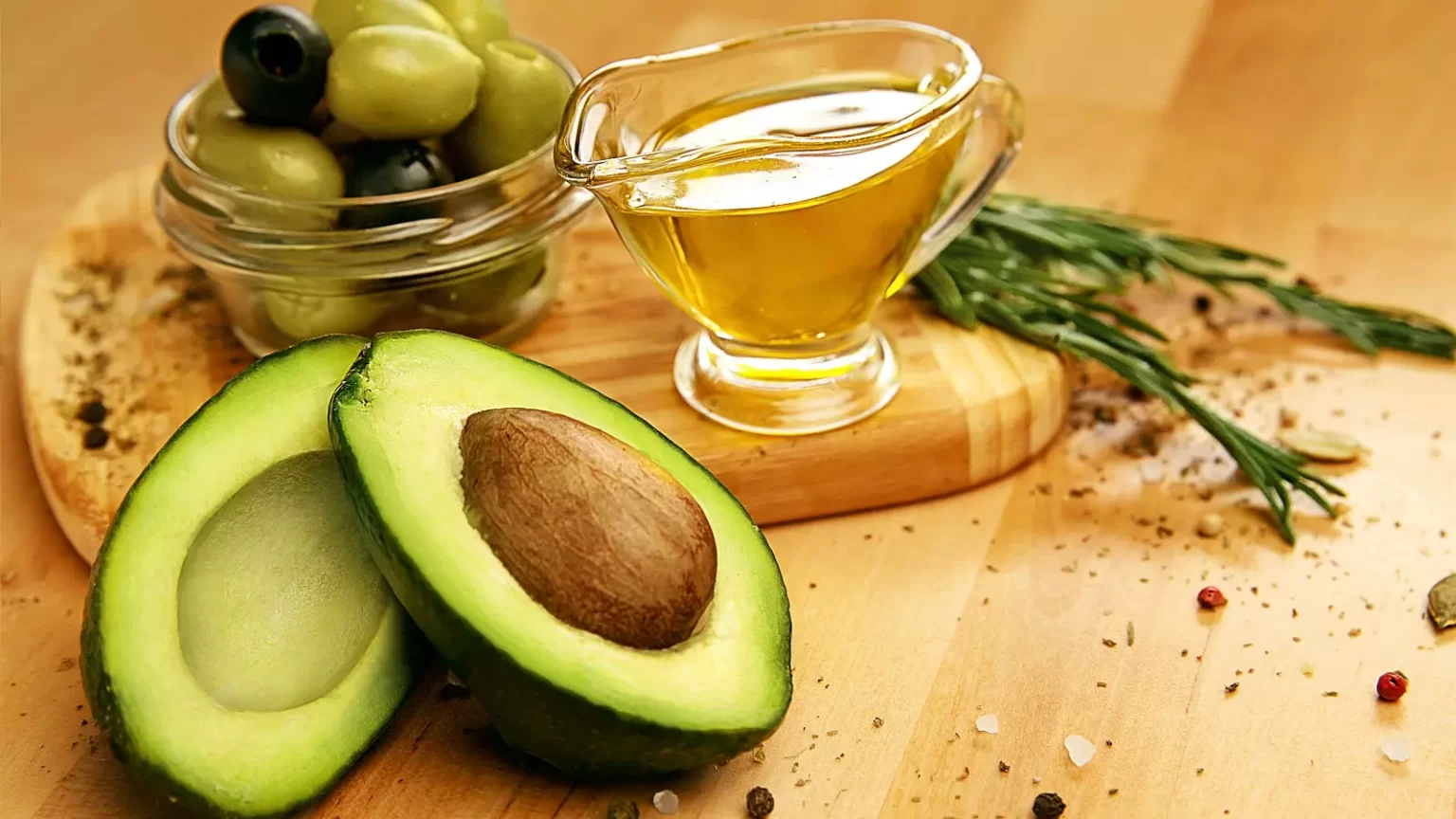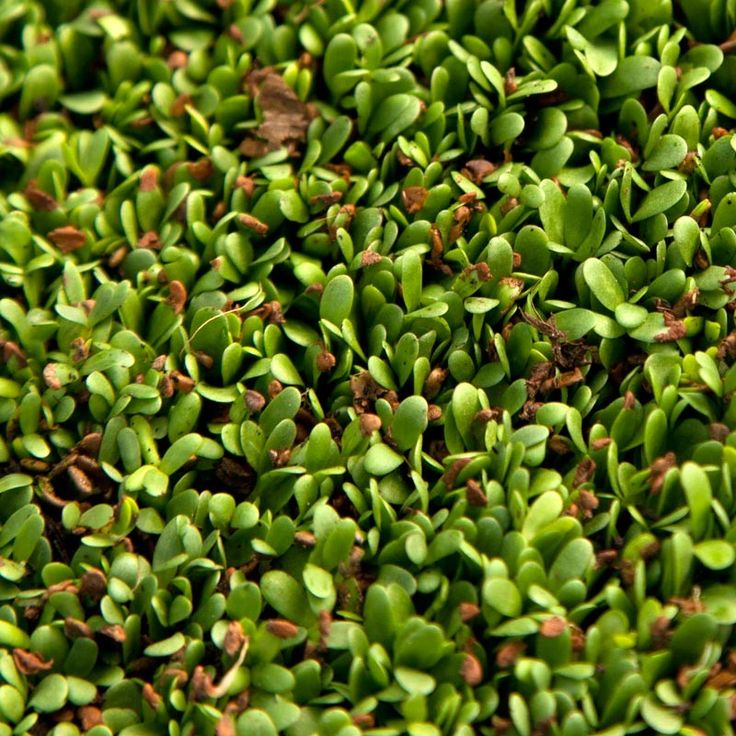
Avocado Oil vs. Olive Oil Is One Healthier
Introduction:
Avocado oil and olive oil are two popular culinary oils that have gained recognition for their potential health benefits and versatile culinary uses. Both oils are derived from fruits—avocado oil from the avocado fruit and olive oil from the olive fruit. In this comprehensive guide, we will explore the differences and similarities between avocado oil and olive oil, their nutritional profiles, potential health benefits, and factors to consider when choosing between the two.
Nutritional Profiles:
a. Avocado Oil: Avocado oil is primarily composed of monounsaturated fats, specifically oleic acid, which is considered heart-healthy. It also contains small amounts of saturated fats and polyunsaturated fats. Avocado oil is a good source of vitamin E, which acts as an antioxidant and supports skin health. It also contains phytosterols, which may help lower cholesterol levels.
b. Olive Oil: Olive oil is also rich in monounsaturated fats, particularly oleic acid. It contains low levels of saturated fats and polyunsaturated fats. Olive oil is a source of vitamin E and contains phenolic compounds, which possess antioxidant and anti-inflammatory properties. Extra virgin olive oil, obtained from the first pressing of olives, retains higher levels of antioxidants and beneficial compounds compared to refined olive oil.
Smoke Point:
a. Avocado Oil: Avocado oil has a relatively high smoke point, typically ranging from 375°F to 520°F (190°C to 270°C), depending on the quality and refinement. This makes it suitable for various cooking methods, including frying, sautéing, and grilling, as it can withstand high heat without breaking down and releasing harmful compounds.
b. Olive Oil: The smoke point of olive oil varies depending on the type and quality. Extra virgin olive oil has a lower smoke point, usually around 320°F to 375°F (160°C to 190°C), while refined olive oil has a higher smoke point. It is generally recommended to use olive oil for low to medium heat cooking, such as light sautéing or salad dressings, to preserve its flavor and beneficial compounds.
Culinary Uses:
a. Avocado Oil: Avocado oil has a mild, neutral flavor, making it suitable for a wide range of culinary applications. It can be used in salad dressings, marinades, sauces, and baking recipes. Due to its high smoke point, avocado oil is particularly favored for high-heat cooking methods like frying and grilling.
b. Olive Oil: Olive oil has a distinct flavor profile that varies depending on the type and quality. Extra virgin olive oil has a rich, fruity taste and is often used in salad dressings, dips, and drizzling over cooked dishes. It can also be used for light sautéing or low-heat cooking. Refined olive oil has a milder flavor and is commonly used for cooking and baking.
Health Benefits:
a. Cardiovascular Health: Both avocado oil and olive oil are predominantly composed of monounsaturated fats, which have been associated with cardiovascular benefits, such as reducing LDL cholesterol levels and promoting heart health.
b. Antioxidant Properties: Olive oil, especially extra virgin olive oil, contains phenolic compounds that act as antioxidants, helping to reduce inflammation and protect against oxidative stress.
c. Skin Health: The vitamin E content in both avocado oil and olive oil contributes to their potential benefits for skin health. These oils can moisturize the skin, promote elasticity, and protect against damage caused by free radicals.
d. Anti-Inflammatory Effects: The monounsaturated fats and antioxidants found in avocado oil and olive oil have been linked to anti-inflammatory properties, which may help reduce the risk of chronic diseases.
Considerations When Choosing Between Avocado Oil and Olive Oil:
a. Flavor Preference: The distinct flavors of avocado oil and olive oil can influence your choice. Avocado oil has a milder, neutral taste, while olive oil offers a range of flavors, from fruity to robust. Consider the flavor profile that best complements your culinary preferences.
b. Cooking Methods: Determine the cooking methods you commonly use. If you frequently engage in high-heat cooking techniques like frying or grilling, avocado oil’s higher smoke point may make it a more suitable option. Olive oil, on the other hand, is better suited for low to medium heat cooking.
c. Nutritional Goals: Consider your specific nutritional needs and goals. Both avocado oil and olive oil offer similar benefits, but their nutrient compositions differ slightly. If you are aiming for a higher intake of vitamin E or phytosterols, avocado oil may be the better choice, while olive oil provides a range of phenolic compounds.
d. Availability and Cost: Availability and cost may also be factors to consider. Depending on your location, one oil may be more readily accessible or affordable than the other. Evaluate your budget and availability to make an informed decision.
e. Culinary Application: Assess the specific culinary applications you intend to use the oil for. While both oils are versatile, their unique flavors and smoke points may lend themselves better to certain dishes or cooking styles. Consider the specific requirements of your recipes.
Conclusion:
Avocado oil and olive oil are both healthy culinary oils with their own unique characteristics. Avocado oil is rich in monounsaturated fats and vitamin E, with a higher smoke point that makes it suitable for high-heat cooking methods. Olive oil, particularly extra virgin olive oil, offers monounsaturated fats, antioxidants, and distinct flavors that enhance various dishes. When choosing between the two, consider factors such as flavor preference, cooking methods, nutritional goals, availability, and culinary applications. Ultimately, both avocado oil and olive oil can be part of a balanced diet, and incorporating them into your cooking can contribute to a healthy lifestyle.
Monika Wassermann is a doctor and a freelance writer based in the UK who lives with her cat Buddy. She writes across several verticals, including life, health, sex and love, relationships and fitness. Her three great loves are Victorian novels, Lebanese cuisine, and vintage markets. When she’s not writing, you can find her trying to meditate more, weightlifting, or wandering around in town.
[email protected]
- CBD Tincture Taste Test: My Fun Journey with Just CBD’s Top Picks - August 1, 2024
- Comprehensive Review of the Top CBD Edibles By Botany Farms - June 22, 2024
- The Comprehensive Guide to the Benefits of Reishi Functional Mushrooms - October 17, 2023


